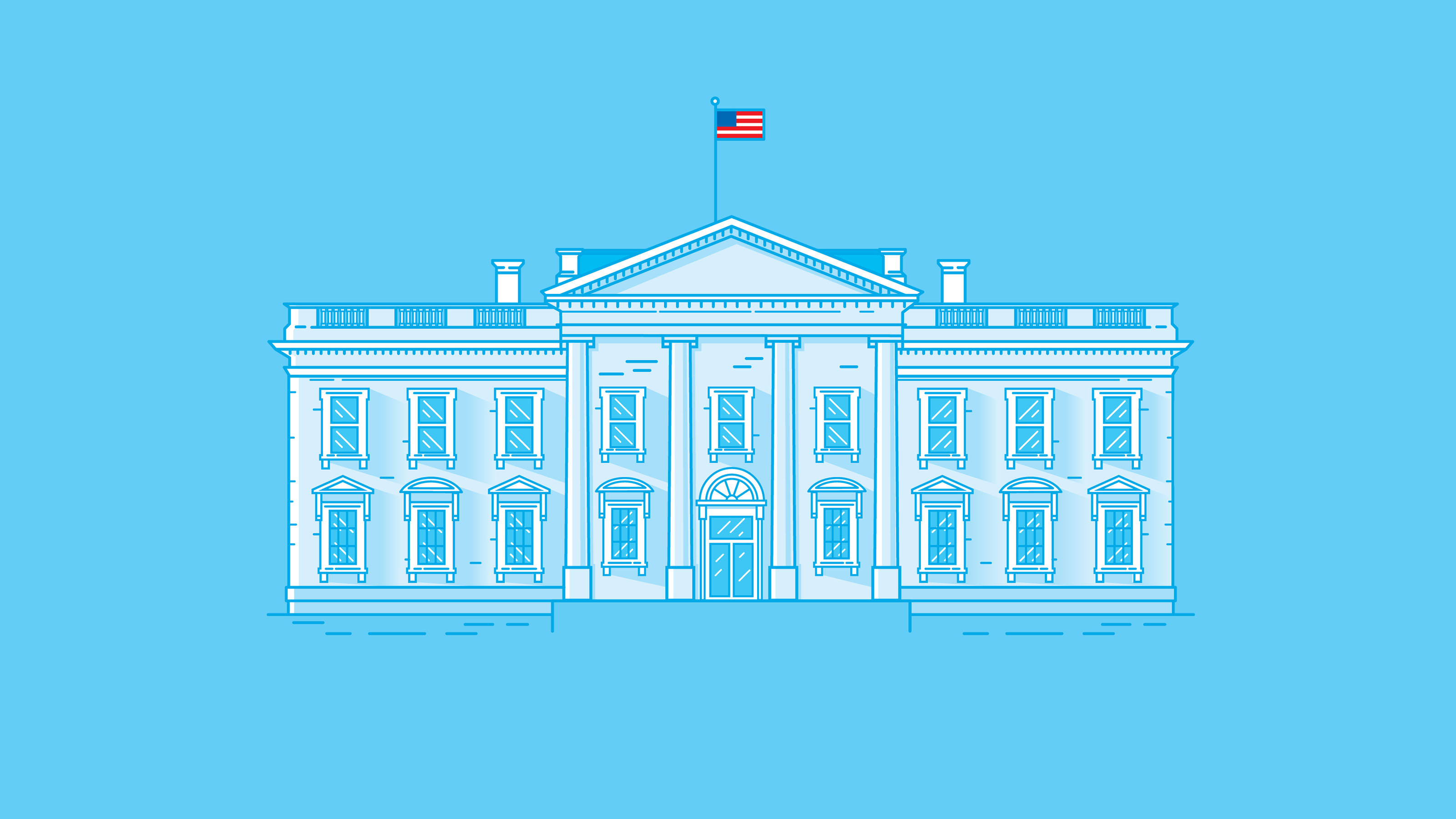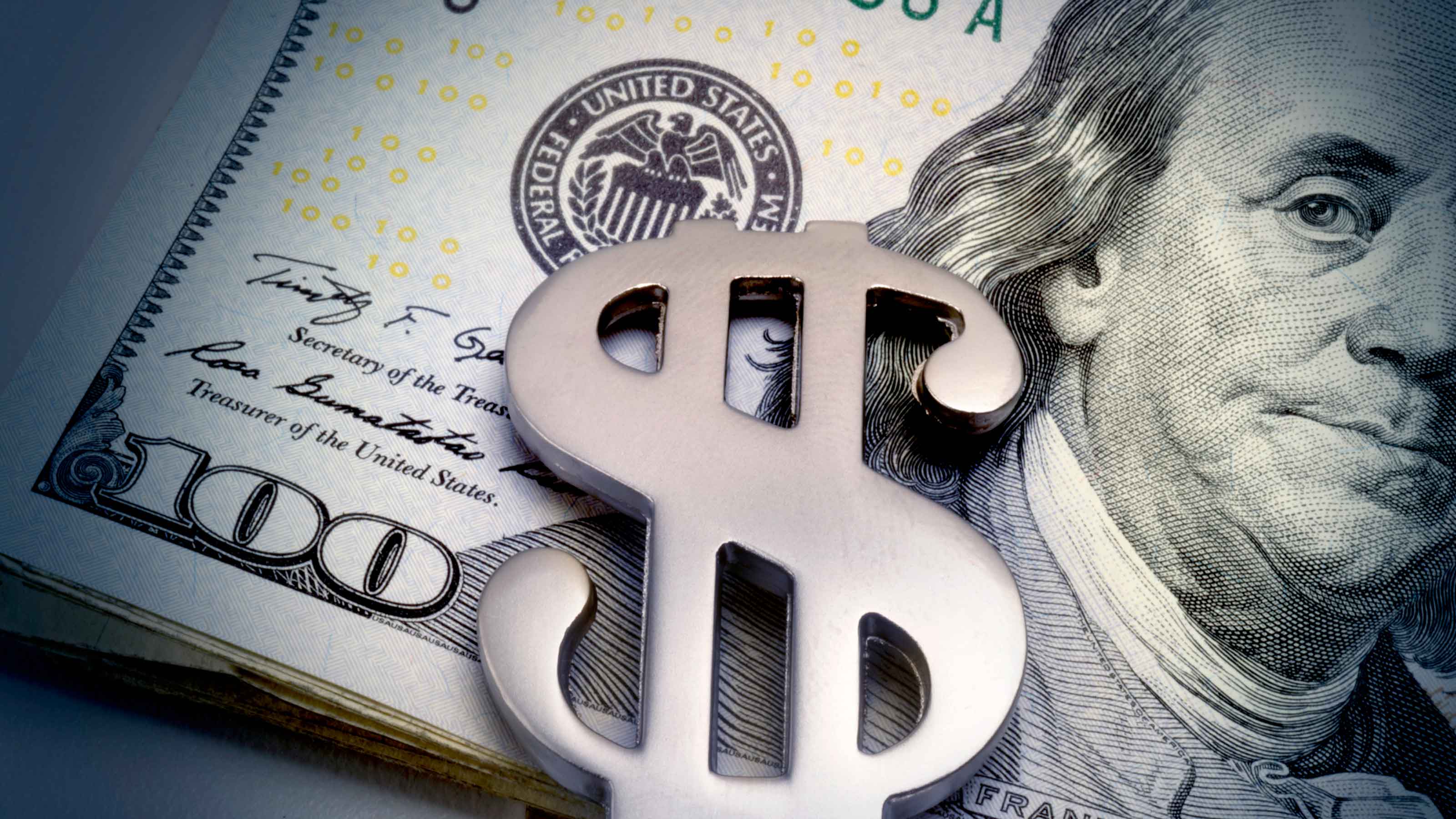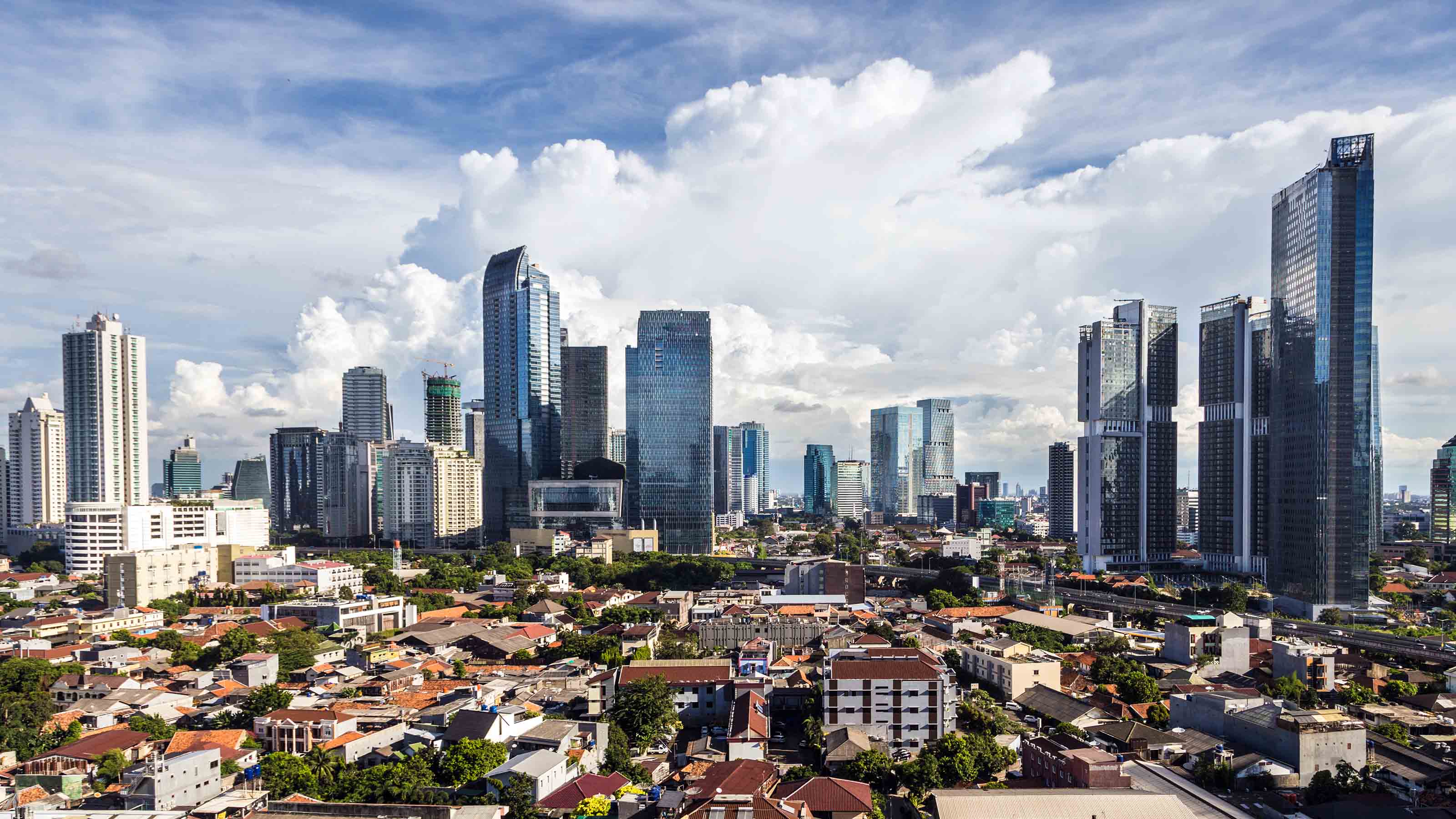Japan's Stock Market Goes on a Tear
Despite the country's big structural challenges, there are some reasons to be optimistic.

Profit and prosper with the best of Kiplinger's advice on investing, taxes, retirement, personal finance and much more. Delivered daily. Enter your email in the box and click Sign Me Up.
You are now subscribed
Your newsletter sign-up was successful
Want to add more newsletters?

Delivered daily
Kiplinger Today
Profit and prosper with the best of Kiplinger's advice on investing, taxes, retirement, personal finance and much more delivered daily. Smart money moves start here.

Sent five days a week
Kiplinger A Step Ahead
Get practical help to make better financial decisions in your everyday life, from spending to savings on top deals.

Delivered daily
Kiplinger Closing Bell
Get today's biggest financial and investing headlines delivered to your inbox every day the U.S. stock market is open.

Sent twice a week
Kiplinger Adviser Intel
Financial pros across the country share best practices and fresh tactics to preserve and grow your wealth.

Delivered weekly
Kiplinger Tax Tips
Trim your federal and state tax bills with practical tax-planning and tax-cutting strategies.

Sent twice a week
Kiplinger Retirement Tips
Your twice-a-week guide to planning and enjoying a financially secure and richly rewarding retirement

Sent bimonthly.
Kiplinger Adviser Angle
Insights for advisers, wealth managers and other financial professionals.

Sent twice a week
Kiplinger Investing Weekly
Your twice-a-week roundup of promising stocks, funds, companies and industries you should consider, ones you should avoid, and why.

Sent weekly for six weeks
Kiplinger Invest for Retirement
Your step-by-step six-part series on how to invest for retirement, from devising a successful strategy to exactly which investments to choose.
On December 29, 1989, amid a gigantic bubble in virtually all Japanese assets, Tokyo's Nikkei 225 index closed at a high of 38,916. By March 10, 2009, at the bottom of the global bear market in stocks, the index closed at 7,055 — a plunge of 82% from its peak.
Playing a Dangerous Currency Game
During that 20-year stretch and beyond, the Bank of Japan has made repeated efforts to stimulate the economy, as has the Diet, Japan's national legislature. But their efforts have been far too little to cure what ails Japan: The country has been mired in debt and has been suffering from deflation.
Every five years or so, the Japanese stock market rallies and some analysts get bullish. So far, they've all been wrong. Most recently, a three-year rally in Japanese stocks was choked off in 2008 when the Bank of Japan failed to turn on its printing presses amid the global financial meltdown — and saw a soaring yen cripple its economy. Then, in 2011, an earthquake and tsunami and the resulting nuclear disaster temporarily derailed the economy.
From just $107.88 $24.99 for Kiplinger Personal Finance
Become a smarter, better informed investor. Subscribe from just $107.88 $24.99, plus get up to 4 Special Issues

Sign up for Kiplinger’s Free Newsletters
Profit and prosper with the best of expert advice on investing, taxes, retirement, personal finance and more - straight to your e-mail.
Profit and prosper with the best of expert advice - straight to your e-mail.
Could this time be different? It could be, says Taizo Ishida, the Japanese-born lead manager of Matthews Japan Investor (symbol MJFOX). The new government has promised bold policies that should lead to a weaker yen, which Ishida considers crucial for Japan's revival.
New Prime Minister Shinzo Abe is the main reason for being bullish. He promises precisely the weaker yen that Ishida views as so important. Much will depend on whom Abe appoints as head of the Bank of Japan, but Abe pledges to name a central banker who will adopt dramatic quantitative easing policies in the mold of Federal Reserve Chairman Ben Bernanke in the U.S. In addition, Abe is calling on the Diet to enact additional programs to stimulate the economy.
So far, the markets believe. Abe was elected on December 26 in a landslide victory for his Liberal Democratic Party. From that day through February 18, the Nikkei index has gained 11.5%. The yen, meanwhile, has plunged. From requiring only 76 yen to buy $1, it now takes 94 yen to buy a buck. A weaker yen makes Japanese exports more competitive in the global economy.
Japan faces huge problems that will almost certainly prevent it from regaining the position it held in the late 1980s. Government debt as a percentage of gross domestic product is 220%, compared with about 100% in the U.S. China's economy has grown exponentially over the past few decades, passing Japan's as the world's second-biggest economy. Japan is resource-poor. The nuclear catastrophe and subsequent decision to turn away from nuclear power only exacerbates that problem.
Longer term, Japan faces a demographic crisis that dwarfs those in Europe and the U.S. About 22% of Japan's population is over age 65 — a number expected to grow to 40% by 2050. "There's no way to get around the demographic challenge," says Campbell Gunn, who manages T. Rowe Price Japan (PRJPX). Unlike the U.S., the country has long discouraged immigration and has one of the lowest rates of women in the workplace in the developed world.
Based on its price-earnings ratio, Japan's stock market looks pricey. The Nikkei index trades at 25 times earnings for the previous 12 months. Ishida says, however, that's because earnings are deeply depressed.
A better way to determine value in the Japanese market is to compare price with book value (assets minus liabilities). The Nikkei trades at just 1.4 times book value. By contrast, Standard & Poor's 500-stock index trades at about two times book.
In spite of all of its problems, Japan is one of the world's most technologically advanced countries and boasts some of the largest and strongest companies — particularly in autos and electronics.
Both the Matthews and T. Rowe Price funds are solid choices, though the Matthews fund has had slightly better returns since Ishida took over as lead manager five years ago. Over the past five years through Feb. 18, the Matthews fund has returned an annualized 0.7%, and the T. Rowe Price fund lost an annualized. 2.0%.Clearly, you'll need to put aside these weak returns if you intend to invest in Japan or in either of these funds.
If you buy the bullish case, and it is intriguing, don't go overboard. I wouldn't put more than 5% of my stock money in Japan. And before you invest, check your broad-based international funds to see how much you already have in Japan. As for me, I'm going to let my diversified foreign funds nibble where they see value. I'm not ready to buy a Japan-only fund.
Steven T. Goldberg is an investment adviser in the Washington, D.C. area.
Profit and prosper with the best of Kiplinger's advice on investing, taxes, retirement, personal finance and much more. Delivered daily. Enter your email in the box and click Sign Me Up.

-
 Dow Leads in Mixed Session on Amgen Earnings: Stock Market Today
Dow Leads in Mixed Session on Amgen Earnings: Stock Market TodayThe rest of Wall Street struggled as Advanced Micro Devices earnings caused a chip-stock sell-off.
-
 How to Watch the 2026 Winter Olympics Without Overpaying
How to Watch the 2026 Winter Olympics Without OverpayingHere’s how to stream the 2026 Winter Olympics live, including low-cost viewing options, Peacock access and ways to catch your favorite athletes and events from anywhere.
-
 Here’s How to Stream the Super Bowl for Less
Here’s How to Stream the Super Bowl for LessWe'll show you the least expensive ways to stream football's biggest event.
-
 White House Probes Tracking Tech That Monitors Workers’ Productivity: Kiplinger Economic Forecasts
White House Probes Tracking Tech That Monitors Workers’ Productivity: Kiplinger Economic ForecastsEconomic Forecasts White House probes tracking tech that monitors workers’ productivity: Kiplinger Economic Forecasts
-
 Investing in Emerging Markets Still Holds Promise
Investing in Emerging Markets Still Holds PromiseEmerging markets have been hit hard in recent years, but investors should consider their long runway for potential growth.
-
 Stocks: Winners and Losers from the Strong Dollar
Stocks: Winners and Losers from the Strong DollarForeign Stocks & Emerging Markets The greenback’s rise may hurt companies with a global footprint, but benefit those that depend on imports.
-
 5 Exciting Emerging Markets Funds to Buy
5 Exciting Emerging Markets Funds to BuyForeign Stocks & Emerging Markets Emerging markets funds haven't been immune to global inflationary pressures. But now might be the time to strike on these high-risk, high-reward products.
-
 African Stocks: Investing in the Last Great Emerging Market
African Stocks: Investing in the Last Great Emerging MarketForeign Stocks & Emerging Markets A massive middle class and rapid technology-enabled development could turn African stocks into growth darlings over the next two decades.
-
 ESG Gives Russia the Cold Shoulder, Too
ESG Gives Russia the Cold Shoulder, TooESG MSCI jumped on the Russia dogpile this week, reducing the country's ESG government rating to the lowest possible level.
-
 India Is on a Tear
India Is on a TearForeign Stocks & Emerging Markets Massive modernization presents opportunities for investors.
-
 Wasatch Emerging Markets Small Cap Goes Its Own Way
Wasatch Emerging Markets Small Cap Goes Its Own WayForeign Stocks & Emerging Markets This emerging-markets stock fund isn't afraid to stray from the pack.